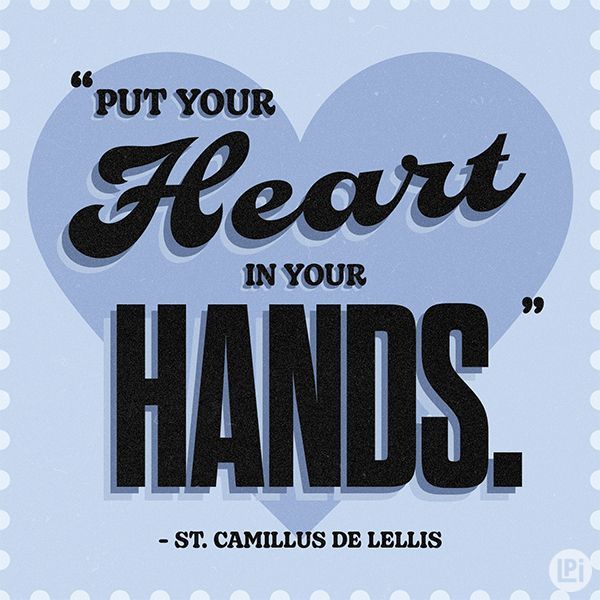"Do not think that I have come to abolish the law or the prophets. I have come not to abolish but to fulfill.” — Matthew 5:17
In my work as a freelance writer, I often find myself producing content on the subject of Catholic schools. For more than ten years, I’ve written hundreds of articles about Catholic schools, coming at the issue from every angle. I’ve written about current Catholic school families, and the sacrifices they make to ensure their children receive a Catholic education. I’ve written about alumni and their feelings about the education they received in a Catholic educational setting. I’ve written about the importance of Catholic identity in a Catholic school, and the lengths to which teachers and staff members will go to ensure their classrooms aren’t offering merely a private education, but a Catholic one.
All this writing — hundreds of thousands of words, if you added it all up, I’m sure — and it all says basically the same thing. It’s about the whole person.
In a Catholic school, you’re not just going to learn math and science and language arts and all other sorts of things that are good for your intellect, you’re going to learn about the Incarnation, about God’s plan for you, about salvation history and the Great Commission. You’re going to learn about the stuff that’s good for your soul.
It’s about the whole person.
That’s the catchphrase when it comes to Catholic education, but it reflects the Catholic worldview as a whole, and it’s a worldview that has its origins in today’s Gospel passage, when Christ breaks the bad news that he hasn’t come to do away with any rules, but to add one ginormous, supreme, uber-important clause to every existing part of God’s law. It’s a clause, I think, that can best be expressed in the words of St. Camillus de Lellis, “Put your heart in your hands.”
It matters if you have anger in your heart, Christ tells us. It matters if you have lust in your heart. It matters.
It’s about the whole person.
Whatever you do, you have your heart in your hands. It doesn’t matter if you’re offering a sacrifice exactly as the Book of Leviticus dictates it should be offered. Your heart is now in your hands, and if the heart is not pure, neither is the sacrifice. It’s the whole-person approach to the law.
It’s significant, too, that, when Christ tells us to “be reconciled with your brother” before making an offering to God, he doesn’t forget to tell us to make the offering in the end: “and then come and offer your gift.” As he said, he’s not here to abolish the law. He doesn’t care only about what is in our hearts, he cares what our hands are doing, too. The law is still in effect, it matters what you do. But it also matters why you do it. The law now includes the heart.
It’s about the whole person.
—Colleen Jurkiewicz Dorman
PRAYER
Direct, O Lord, we beseech you,
all our actions by your holy inspirations,
and carry them on by your gracious assistance,
that every prayer and work of ours
may begin always from you,
and by you be happily ended.
Through Christ our Lord. Amen.

Comments
There are no comments yet - be the first one to comment: